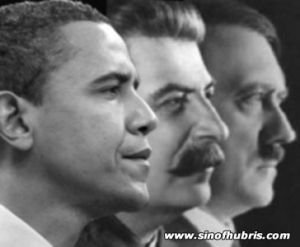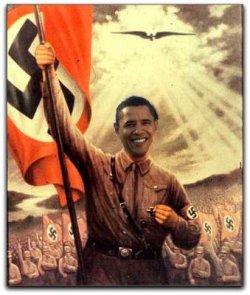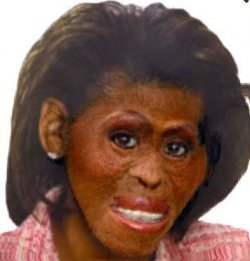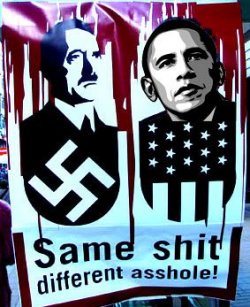Other scholars are not convinced. Anthropologist Elisabeth Tooker, for example, argued that European political theory and precedent furnished the models for American Founders, while evidence for Indian influence was very thin. Although the concept of the Iroquoian Confederation may have been similar to the United States’ first efforts to unite alliance, the Iroquois constructed their government under very different principles. The member nations of the Iroquois League all lived under matrilineal societies, in which they inherited status and possessions through the mother’s line. Headmen were not elected, but rather clan mothers chose them. Representation was not based on equality or on population. Instead, the number of Council members per nation was based on the traditional hierarchy of nations within the confederation. Moreover, the League of Six Nations did not have a centralized authority like that of the federal system the Euro-Americans eventually adopted. These arguments are, however, intriguing. Curious to know more? Read the debate between Elisabeth Tooker and Bruce Johansen, and the articles in the William and Mary QuarterlyForum (1996) cited below.








